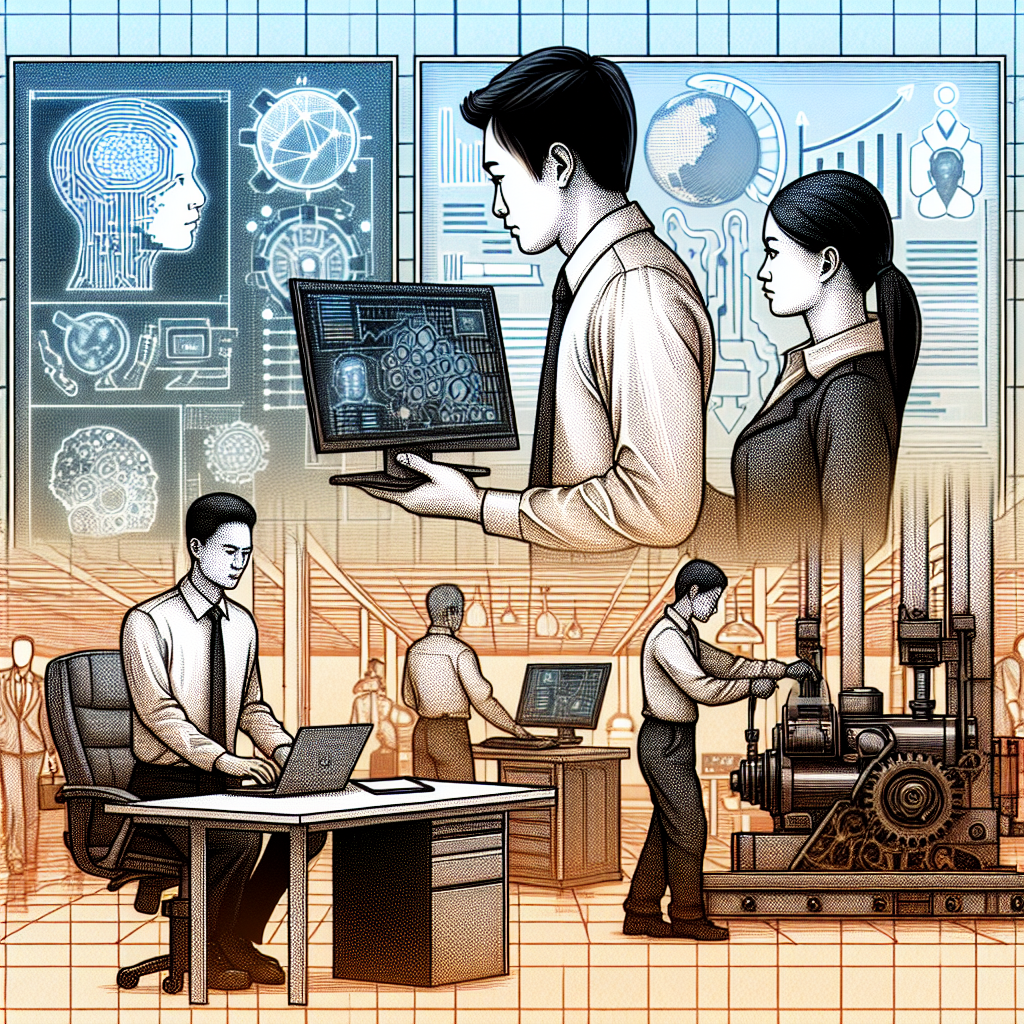Artificial Intelligence and the Job Market: How AI is Transforming Workforces
Artificial Intelligence (AI) is rapidly transforming the job market, revolutionizing the way companies operate and the skills required by employees. As AI technologies continue to advance, they are reshaping workforces across industries, creating new opportunities and challenges for workers.
One of the most significant ways AI is transforming the job market is through automation. AI-powered systems and robots are increasingly being used to perform routine, repetitive tasks, such as data entry, customer service, and manufacturing. This automation has the potential to increase productivity and efficiency, but it also raises concerns about job displacement. According to a report by the World Economic Forum, automation could displace 75 million jobs by 2022, but it could also create 133 million new roles.
In addition to automation, AI is also changing the skills required by employees. As AI technologies become more prevalent, workers will need to develop new skills to stay competitive in the job market. This includes skills such as data analysis, programming, and problem-solving, as well as soft skills like creativity, emotional intelligence, and adaptability. Companies are increasingly looking for employees who can work alongside AI systems, leveraging their capabilities to drive innovation and growth.
AI is also creating new job opportunities in emerging fields such as machine learning, data science, and AI ethics. These roles require specialized knowledge and expertise, making them highly sought after in the job market. As AI technologies continue to evolve, demand for these skills is expected to grow, creating new career paths for workers.
Despite the potential benefits of AI in the job market, there are also concerns about its impact on workers. Some fear that AI will lead to job loss and wage inequality, as low-skilled workers are replaced by machines. There are also concerns about the ethical implications of AI, such as bias in decision-making algorithms and the potential for job discrimination.
To address these challenges, it is essential for companies, policymakers, and educators to work together to ensure that workers are equipped with the skills they need to thrive in the age of AI. This includes investing in education and training programs that teach workers how to work alongside AI systems, as well as developing policies that protect workers from job displacement and ensure fair treatment in the workplace.
In conclusion, AI is transforming the job market in profound ways, creating new opportunities and challenges for workers. As AI technologies continue to advance, it is essential for companies and workers to adapt to these changes, developing the skills and expertise needed to succeed in the digital age. By embracing AI and investing in the future of work, we can harness the power of technology to create a more inclusive and innovative workforce.


